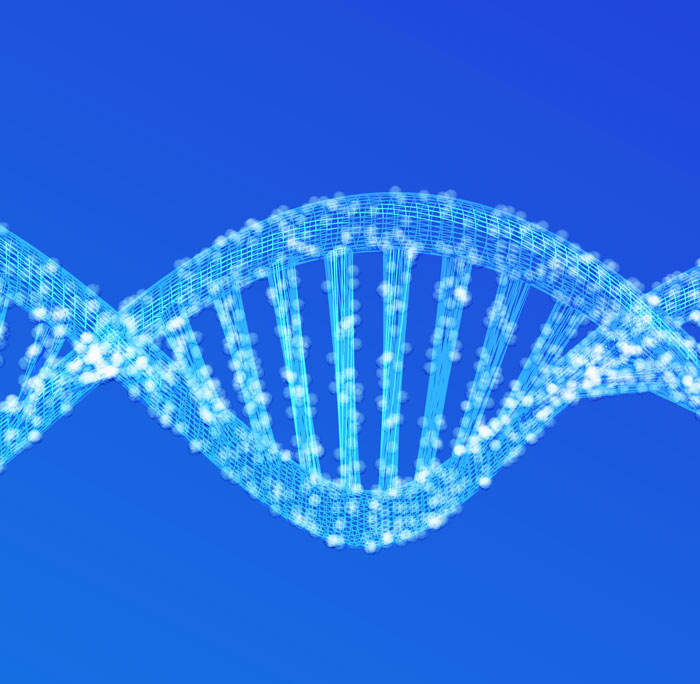Mitochondrial Base Editor: A New Strategy to Target Mitochondria Dysfunctions
Scientists at the University of Cambridge have shown that it is possible to modify the mitochondrial genome in live mice, paving the way for new treatments for incurable mitochondrial disorders.

News Release, World Mitochondria Society, Berlin - Germany – February 22, 2022
Mitochondrial DNA makes up only 0.1% of the overall human genome and is passed down exclusively from mother to child. Faults in our mitochondrial DNA can affect how well the mitochondria operate, leading to mitochondrial diseases, serious and often fatal conditions that affect around 1 in 5,000 people.
There are typically around 1,000 copies of mitochondrial DNA in each cell, and the percentage of these that are damaged, or mutated, will determine whether a person will suffer from mitochondrial disease or not. Usually, more than 60% of the mitochondria in a cell need to be faulty for the disease to emerge, and the more defective mitochondria a person has, the more severe their disease will be. If the percentage of defective DNA could be reduced, the disease could potentially be treated.
Dr. Minczuk and colleagues used a biological tool known as a mitochondrial base editor to edit the mitochondrial DNA of live mice. The treatment is delivered into the bloodstream of the mouse using a modified virus, which is then taken up by its cells. The tool looks for a unique sequence of base pairs, combinations of the A, C, G and T molecules that make up DNA. It then changes the DNA base, in this case, changing a C to a T. This would, in principle, enable the tool to correct certain 'spelling mistakes' that cause the mitochondria to malfunction.
There are currently no suitable mouse models of mitochondrial DNA diseases, so the researchers used healthy mice to test the mitochondrial base editors. However, it shows that it is possible to edit mitochondrial DNA genes in a live animal.
You will have the chance to know more about the potential of this mitochondrial base editor in treating mitochondrial disorder in Targeting Mitochondria 2022 with Dr. Pedro Pinheiro, from the University of Cambridge - United Kingdom.
Read more about In-vivo Mitochondrial Base Editing.
© Image - motoviurii - fr.freepik.com
Media contact:
World Mitochondria Society
This email address is being protected from spambots. You need JavaScript enabled to view it.
+33-1-5504-7755
Targeting Mitochondria 2022 Congress
October 26-28, 2022 - Berlin, Germany
wms-site.com


